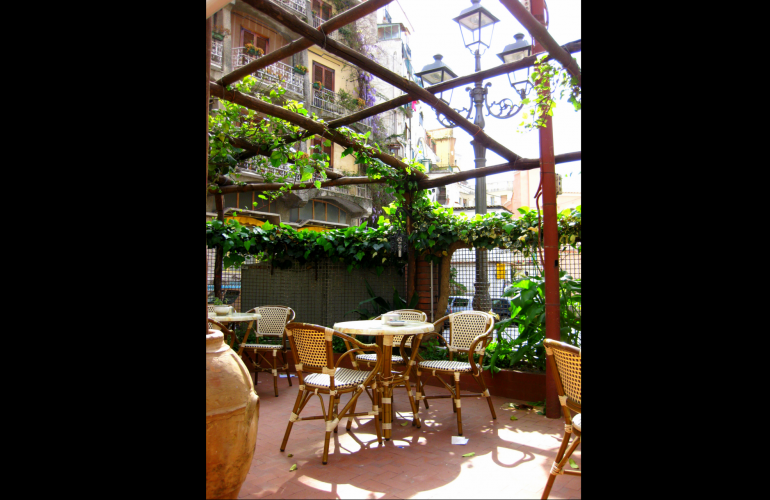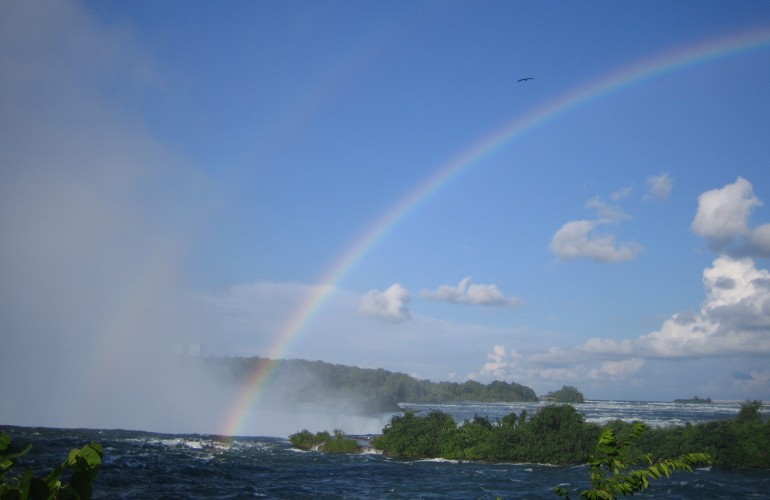I don’t know where to start writing about this, even just for myself. It’s too big for me, too heavy, and my soul just wants to stretch out on a beach chair in some blissfully deserted part of the world and fall asleep to the sound of waves. How do I write through where I am now without coming across as fickle or, as more than one person has suggested, deluded?
It’s true—my perspective was warped by years of religious brainwashing and abuse in God’s name—but if nothing else, growing up with people who swallowed someone else’s ideology taught me not to do the same. I refuse to adopt a belief system just because others tell me to, and that applies to Christianity as well. Have I ever believed in God because my own story and experiences led me there? Have I ever even had that option?
I once thought that every good thing that happened to me was an act of divine benevolence. Scholarships, job offers, relationships, fast recoveries, relationships—each a personalized stamp of God’s approval and generosity. What does that mean for my friends who had to work their way through college though? What of my friends living off of unemployment? What of those who didn’t meet Mr. Right or never recovered or had their homes destroyed by a natural disaster or went bankrupt or lost a child? Where I used to see God’s puppet strings, I now see coincidence because I can’t deal with the implications of an all-powerful benefactor playing favorites.
It doesn’t mean God isn’t good. Rachel Held Evans wrote about the same internal debate, and I’m relieved to know that the struggle isn’t confined to my own head and that others have found other ways of measuring God’s goodness. In nature, for instance, I can’t help seeing the beauty of its blueprint… but I don’t see perfection, and I don’t see personal intention. Whether the sky cooperates for someone’s outdoor wedding or a hurricane devastates thousands of families, I simply see a flawed universe set to random.
And I understand now more than ever why some Christians I know cling to their beliefs at the expense of everything else in their lives, even peace of mind. Coming untethered from a doctrinal picket line is a frightening experience, and there is only a hairline difference between feeling liberated and feeling lost (I tend to vacillate between the two). I can’t turn off my questions any more than I can turn off my instinct to breathe, but I wish I could. Some days, I am absolutely certain I would choose unthinking acceptance over this mind that tracks down holes more easily than it does happiness.
I have problems with a lot of people who claim to take their marching orders directly from God, and this casts doubt on the whole notion of a converted life (at least a life converted from assholery). I have even bigger problems with the Bible, questions that I fear have no answers aside from churchy platitudes, and as much as I might want to, I cannot sincerely subscribe to the whole traditional Christianity package. I cannot accept that a loving God created people for heaven and then set their defaults to hell. I cannot believe that a Jesus who taught turning the other cheek represents the same deity who went around wiping out heathen nations in the Old Testament. I cannot see my way past the violence or the inconsistencies or the staggering injustice of what some call the “Good News.” I just can’t.
It’s hard to pinpoint exactly where this leaves me. I’m not rejecting faith, but I can’t flash a denominational membership card either, and even the space just beyond the old tether’s radius is unfamiliar territory. My biggest hope is that God isn’t tied to the picket line either and that my uncertain journey forward will bring us face to face, maybe in an open-air café without closing hours where he can answer every question I’ve ever penned in my journal or posed to uncomprehending pastors or sensed without being able to articulate. More than anything, I want God to be real and different than I was always told, and I think this longing counts as faith for me right now. And if I am simply deluded, I pray I’ll eventually stumble across that beach chair.


